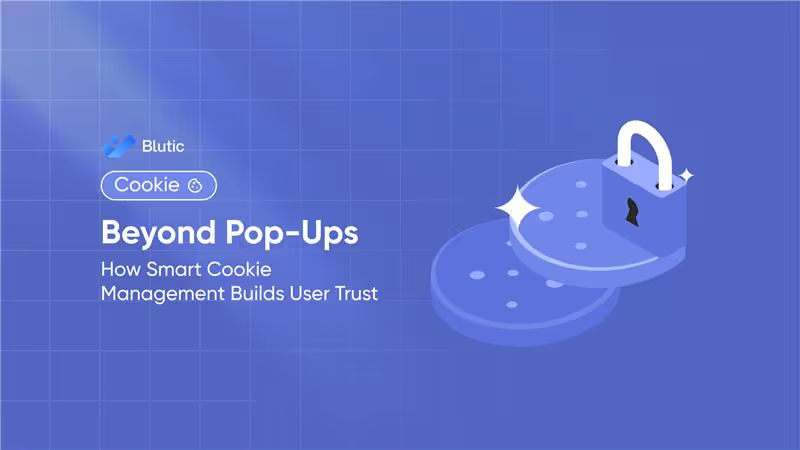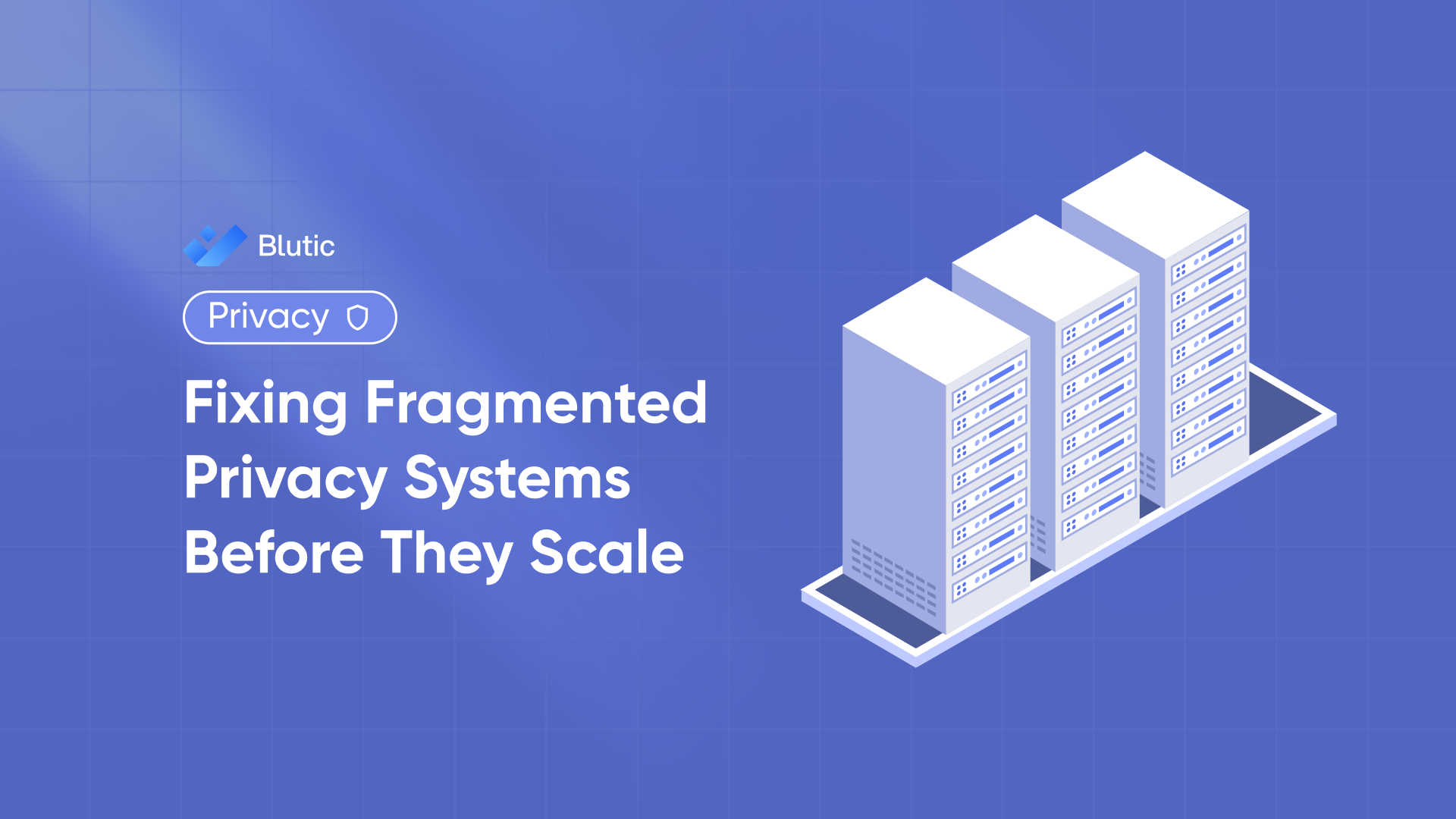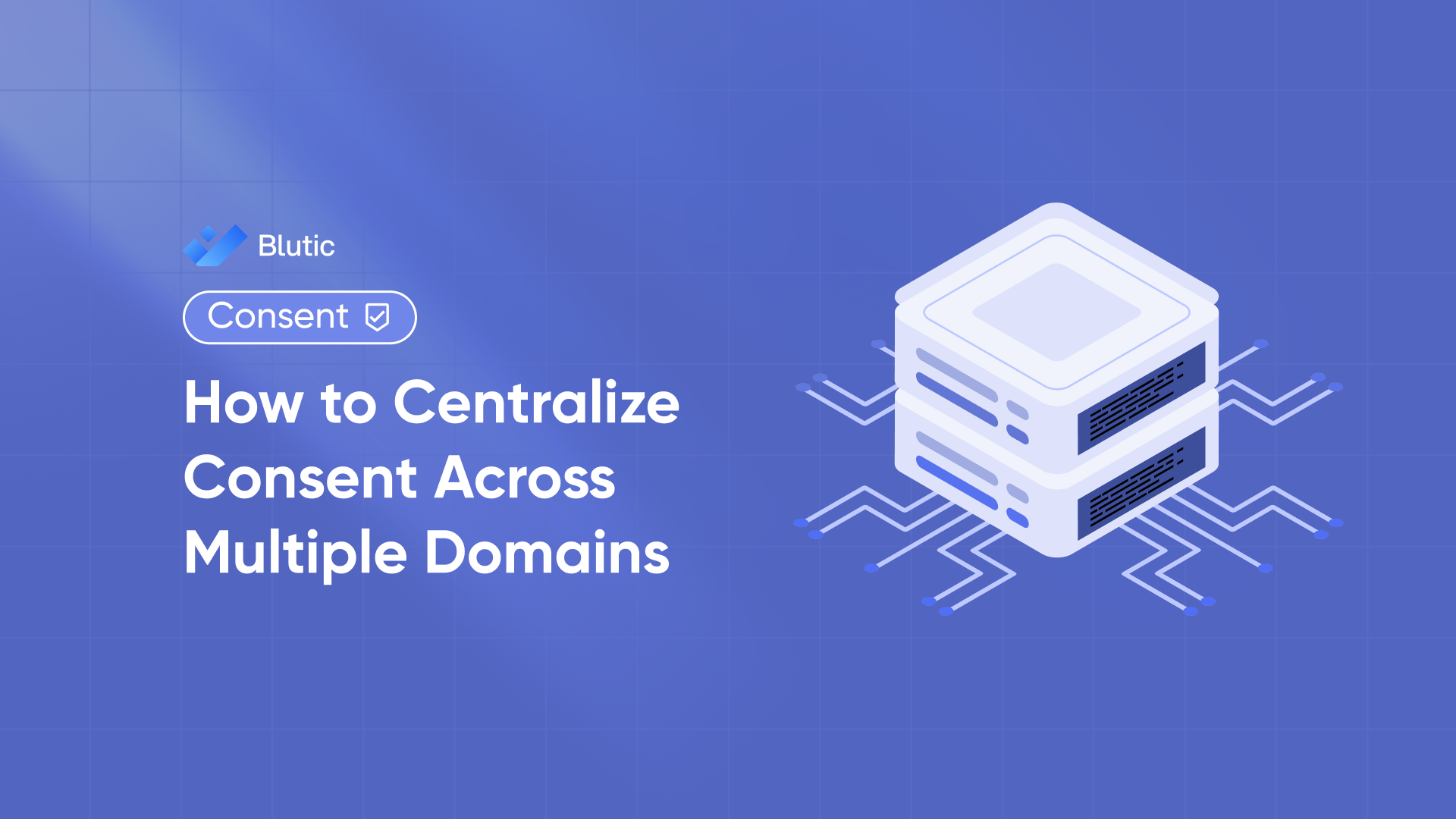Beyond Pop-Ups: How Smart Cookie Management Builds User Trust

Beyond Pop-Ups: How Smart Cookie Management Builds User Trust
Introduction
In today’s privacy-aware digital landscape, users no longer just scroll past pop-ups. They notice, evaluate, and often judge a business based on how it handles personal data, especially cookies.
The Digital Personal Data Protection Act (DPDPA) makes this more than a moral obligation; it’s now a legal one. But being complaint doesn’t mean being robotic. The new standard is smart cookie management, a thoughtful, transparent approach that respects user preferences and earns trust.
This blog explores how going beyond the basic cookie pop-up can actually enhance your brand's credibility, reduce opt-outs, and turn compliance into a competitive edge.
Why Pop-Ups Alone Fall Short?
Most websites rely on generic cookie pop-ups with an “Accept All” button either to meet bare-minimum legal requirements or to avoid complexity. But users now expect more than that.
Pop-ups that are:
- Disruptive
- Poorly designed
- Lacking clarity or options
…can lead to mistrust, lower engagement, or even legal exposure.
Real compliance and real trust require smart management, not just visibility.
What Is Smart Cookie Management?
Smart cookie management is a system that allows users to:
- Understand what data is being collected and why
- Choose what they want to share (or not)
- Modify or withdraw consent easily
- Trust that their preferences are actually enforced
This is achieved through a Consent Management Platform (CMP) that handles consent capture, enforcement, and audit logging, not just display.
How Smart Cookie Management Builds Trust
1. Transparency in Action
Instead of hiding tracking scripts behind legal jargon, smart banners explain cookie categories clearly functional, analytics, marketing, and let users opt in or out.
When users see exactly what data you're collecting and why, it signals honesty, not exploitation.
2. Respect for User Choice
Allowing granular opt-ins and honouring them shows you respect user agency. Smart systems remember choices across sessions, giving users control without friction.
3. Consent Logs and Accountability
Trust is built on track records. Maintaining consent logs and audit trails ensures you’re not just compliant; you’re probably compliant.
If challenged by regulators or users, your brand is ready with documented consent data.
4. No Cookies Fired Without Permission
Smart platforms block all non-essential cookies (e.g., Google Analytics, Meta Pixel) until permission is granted. This avoids stealth tracking and aligns with the DPDP Act’s core requirement: “no processing without lawful basis.”
Blutic: Enabling Smart Cookie Management for Indian Businesses
Blutic helps companies go far beyond basic banners. It equips websites with tools to:
- Display user-friendly, multi-language cookie banners
- Segment cookies by category and allow selective opt-ins
- Log and manage consent across visits and platforms
- Enable real-time cookie blocking before consent
- Integrate easily with tools like GTM, WordPress, Shopify, WooCommerce, and more
It’s privacy without complexity and compliance with clarity.
A pop-up is just the beginning. Real trust is built through consistent, transparent, and respectful data practices starting with how you handle cookies.
In an age where every click is a choice, smart cookie management isn’t just about compliance. It’s about showing your users: “We value your privacy, and we have the systems to prove it.”
With Blutic, you can go from legal obligation to loyalty builders.
Frequently Asked Questions
No. You must provide geo-targeted, multilingual banners and allow users to select categories of blanket “Accept All” buttons that don’t meet DPDPA standards.
You must collect explicit consent before placing non-essential cookies and maintain a log of those consents for compliance purposes.
Yes. Any non-essential cookies must be consented to before being placed on a user’s device.




.svg)
